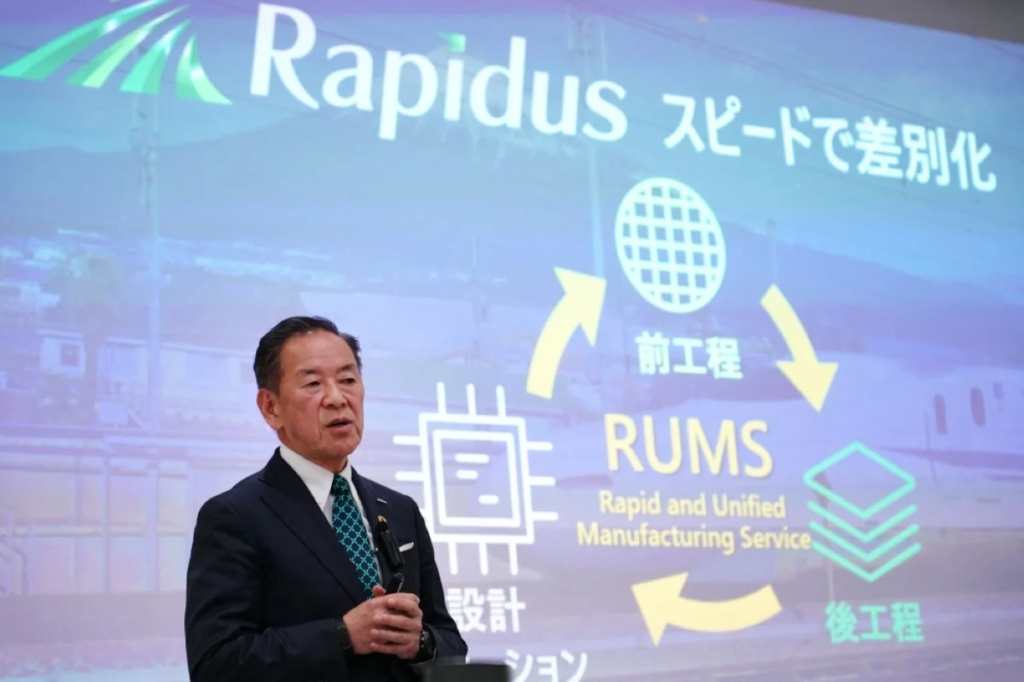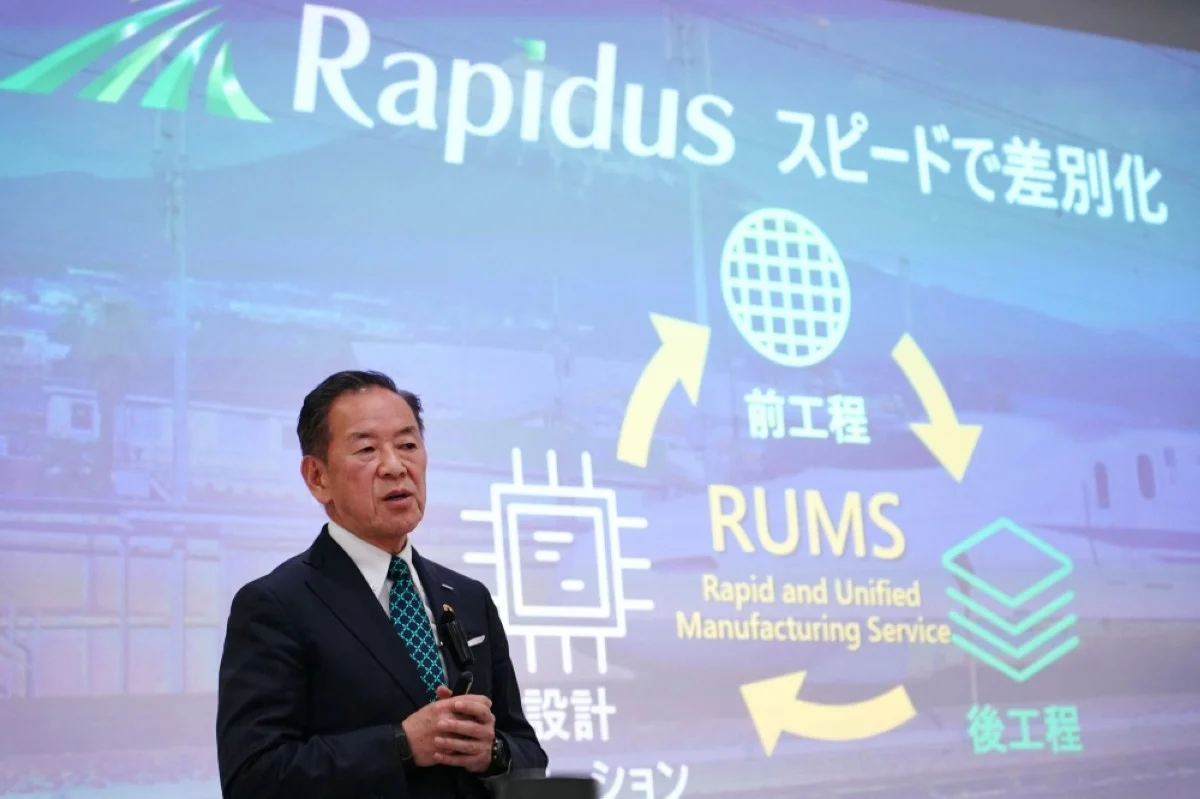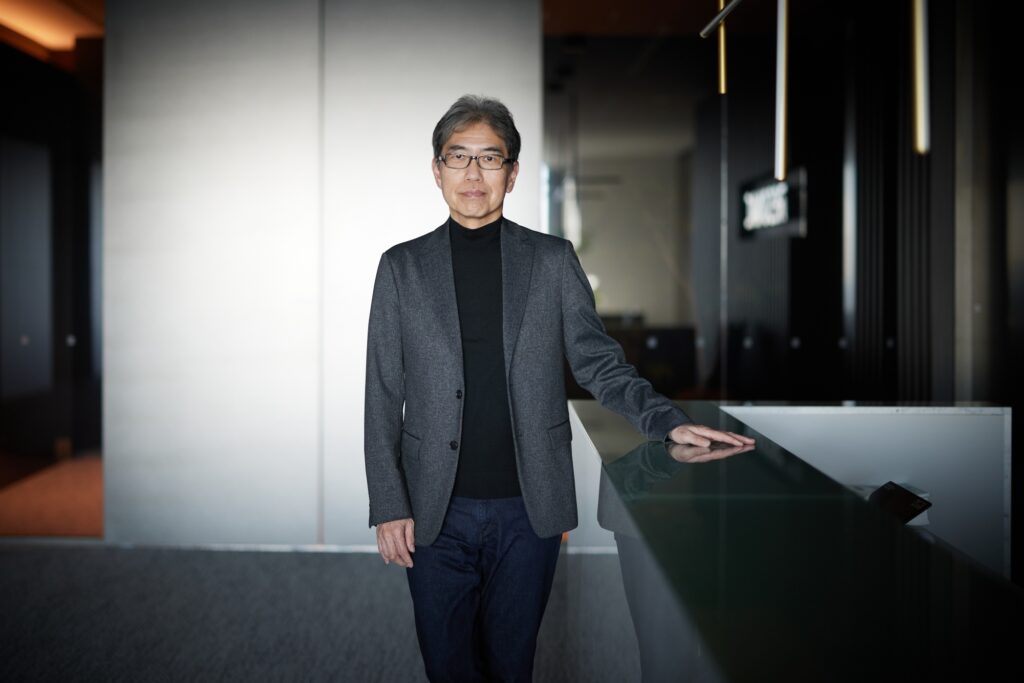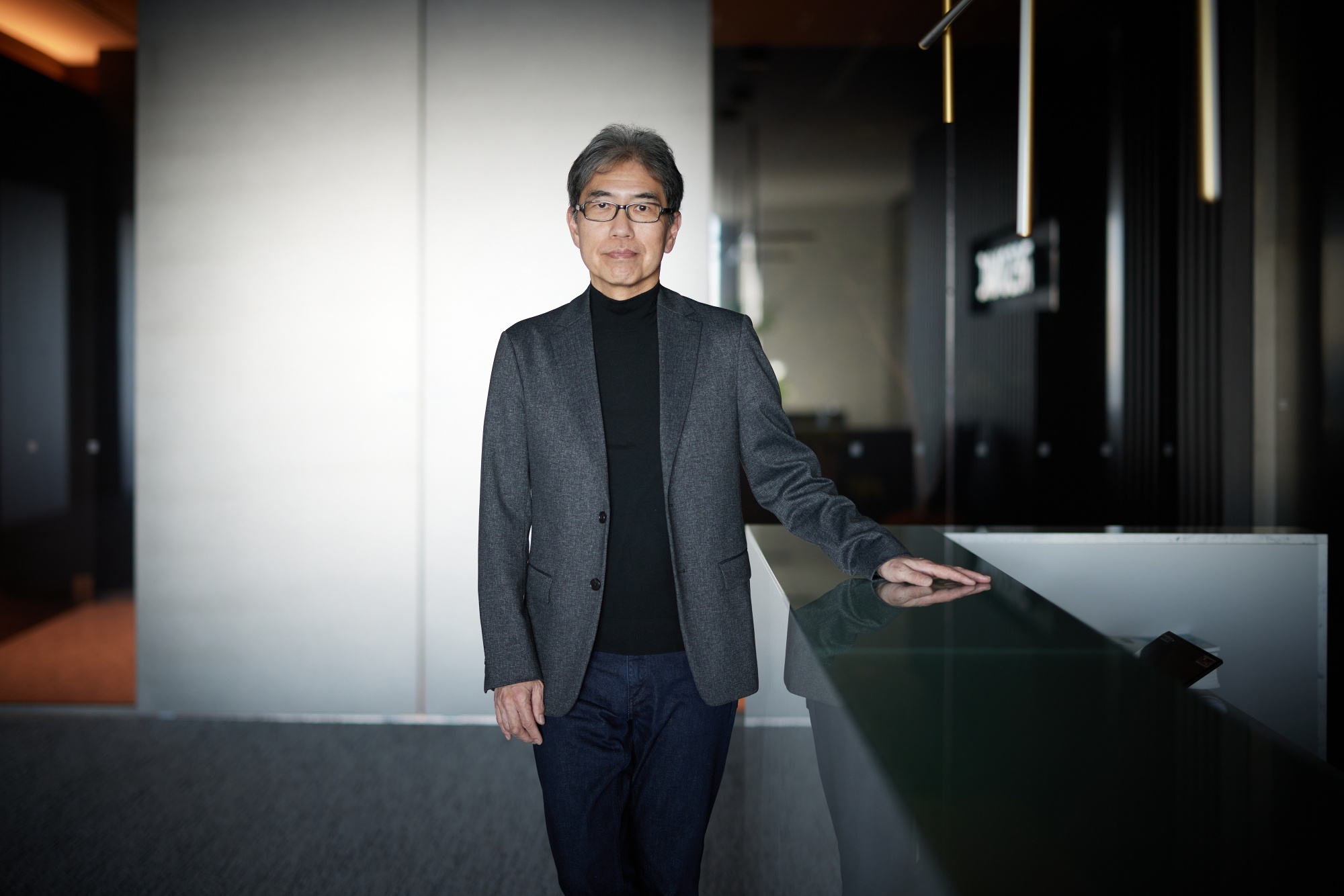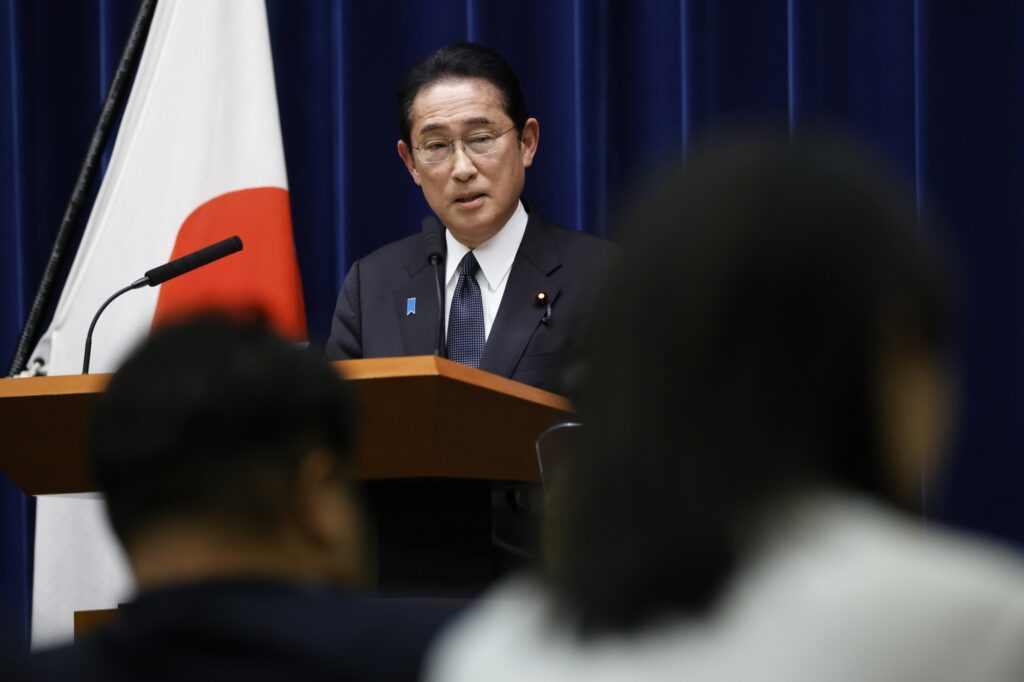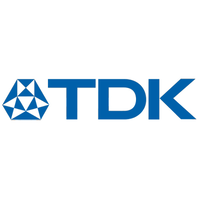Many Japanese companies have transformed from small scale industries to business tycoons over time. The quality of work and employees, both are highly appreciable in Japan. Moreover, the country has made some exceptional developments and pushed its threshold over the past century. With electronics and telecommunication reaching higher potential, a Japanese company, TDK Corporation unleashed its true power.
The
establishment of TDK Corporation took place back in 1935 in Shiba-Ku, Tokyo
city. The company developed soon after Yogoro Kato and Takeshi Takei invented
the magnetic material, Ferrite. So, TDK Corporation received the patent for
producing the world’s first ferrite cores and that’s how the journey began.
Currently, the TDK headquarters are based on Nihonbashi, Tokyo. And, the
company’s main products are electronic components, power supplies, and sensors.
The Founding History of TDK Corporation
In
1930, the invention of the ferrous magnetic material, ferrite took place. And,
after a few years, the launch of the company, Tokyo Denki Kagaku Kogyo K. K.
(Tokyo Electric Chemical Industry Co. Ltd) took place. The company received the
patent of it and thus started the production of ferrite. The CRT tubes of television
used the ferrite for deflection in yoke cores. Thus, the production increased
and common people started buying televisions.
Expansion
through the early 1900s
In
1937, Tokyo established the Kamata Plant as with the demand for colored movies,
the demand for ferrite ores increased. After a couple of years, the Japanese
Naval Institute of Technology expressed its interest in the product for use in
marine radios. So, another plant was constructed in Hirasawa-Cho. In April
1945, the production came to a halt due to an accident in the Kamata plant.
And, when it restarted late in the same year, the company showed interest in the modern communication industry. In the late 1940s transistors came into the market and the production increased for IF transformer cores. In 1951, the company also started the production of ceramic capacitors. For the next few years, new types of capacitors were designed for some of the world’s new inventions. This led to the establishment of another plant for the company for producing hard disk drives.
Growth
in the international market
In
1961, the company was listed on the Tokyo Stock Exchange for the first time.
The company made a breakthrough when it introduced “Synchro Cassette Tapes” in
1966. Everyone loves music and with this new product, TDK grabbed everyone’s
attention. During this time, TDK expanded its business to the USA and
established an office in New York. Also, in 1968 the world witnessed the
development of TDK Taiwan Corporation followed by entering the European market in
1970.
For the next decade, many new products were launched including multilayer ceramic chip capacitors, switching power supplies, multilayer chip inductors, etc. With every new invention in the world, a product of TDK rolled out in the market. In 1982, the company got listed on the New York Stock Exchange and the next year the company’s name changed to TDK Corporation. Before the company rushed into a new century, it opened a subsidiary in China and acquired SAE Magnetics, a Hong Kong-based company.
The
digital era
In
2000, the company acquired Headway Technologies, a company based in the United
States. The company also acquired a polymer lithium battery manufacturing
company, Amperex Technology in 2005. The same year, TDK also acquired the
Lambda Power Division, a part of a London-based business. After a couple of
years, Imation Corporation acquired the sales department of TDK brand recording
media.
In
2008, the company acquired a German-based company, EPCOS. The next decade
started with TDK implementing its Environmental Action 2020 Plan. In 2014, TDK
stepped back from the recording media business. And, the first product of TDK,
that is, ferrite was recognized as one of the top 100 innovations in Japan
after the war.
2016
witnessed the acquisition of two companies, namely Micronas Semiconductor
Holdings AG and Hutchinson Technology Inc. The company came into a joint
venture with Qualcomm in 2017. Faraday Semi LLC is the latest acquisition of
TDK Corporation. The company also has its museum which reopened in 2017 after
renewal.
Future Plans
The company is currently focusing on automotive products and wants to decrease the sale of mobile phones. Shigenao Ishiguro, CEO, and President of TDK Corporation said that it is not very productive to invest in a product that has already reached a saturation point of innovation. The company is currently working on several automotive projects especially focusing on magnetic sensors.
Annasha Dey is an NIT student, who apart from studying engineering is also a content writer. She has a great interest in photography, writing, reading novels, and travelling as well. She is a foodie who loves socializing and hanging out with her friends. She is also a trained Kathak dancer and a big fashion enthusiast. Dey also loves watching TV series, which includes F.R.I.E.N.D.S. and Big Bang Theory. To be a better writer she prefers to read more



